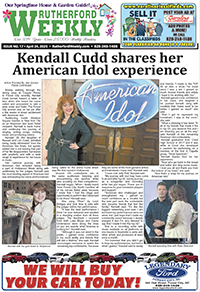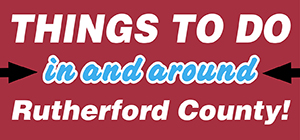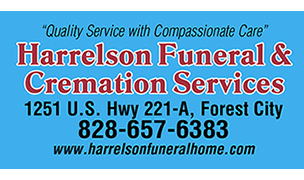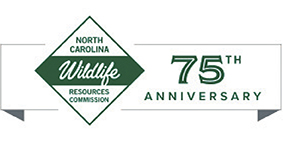Jimmy Means knew by age 14 that he wanted to be a race car driver, a decision he remembers expressing to his school's driver's education teacher.
"We were out driving one day, and he was asking each of us what we wanted to do when we grew up. He said, 'Jimmy, what do you want to be?' and I answered 'A race car driver,'" Means explained. "He said 'You can do what you want to do, if you want it bad enough.'"
The path to a Cup debut in 1976 at the Daytona 500 was one filled with not only driving expertise, but also a good bit of hands-on work on the cars he wanted to drive.
"In the heyday, what was on the streets is what we raced," Means said from his fabrication business in Forest City. "I worked on my own cars, own motors ... it wouldn't have been worth the return if I hadn't."
Means moved his business to Forest City in the early 80s after meeting people who told him if he'd do so that they'd come to work for him.
"It's probably the best move I've ever made," he said.
Means racing career behind the wheel lasted more than 20 years. The decision to step out of the driver's seat was one that came about following the death's of Neil Bonnett and Rodney Orr.
"I just lost the desire," Means softly said. "If your heart's not in it, you're not going to be any good at it."
His desire to be behind the wheel, however, didn't diminish his love of the sport, and he continued to own NASCAR cars. At Jimmy Means Racing, he and other employees spend nearly 12 hours each day working on the No. 52 Chevrolet Camaros full-time driver Joey Gase races.
"This year will be our fourth with Joey," Means said. "I noticed years ago how he drove and took care of cars, and somebody paired us up. It's been a good fit for both of us."
While Means and crew work on the cars, Gase works on securing sponsorships, including one with Donate Life.
"We got that association through Joey's experience with organ donation. His mother passed away from a brain aneurysm and they donated her organs. His cause is to show what good can come out of the bad," Means explained.
Sponsorships are the lifeblood for a driver, and without them, it's hard to be in the business, Means said.
"It takes a lot of money to drive," he said. "The only way I was able to race was to do it (car work) myself."
Means days are spent much as they were during his driving years - making sure cars are compliant with NASCAR regulations and that all are ready for race day. But his time as a driver surrounds him. Memorabilia fills the foyer of the fabrication shop, from trophies and toy cars to wall hangings and a clock emblazoned with his picture.
Did he ever imagine as a 14 year old that someday his face would be on a clock?
"No," he said, with a laugh.
The Xfinity Series, where Jimmy Means Racing's Gase will race, kicks off on Feb. 20 at Daytona. For more information on NASCAR, see page 24.
The fast groove with
Jimmy Means
What race stands out most in your memory?
Probably one on the old Richmond Fairgrounds track. I finished ninth, but led for 60 laps. That run and the next in Dover got Rick Hendrick's attention.
What's something people might be surprised by?
I told my mom I was going to build a race car and race and she said "No, you're not." I never said another word about it until my sister told her I was racing at Huntsville. She (his mother) never said another negative thing about it, but I know she knew what I was doing because she did my taxes.
Do movies about NASCAR get it right?
No, a lot of them don't. "Days of Thunder" was one of the better movies. A lot of it wasn't realistic, but some was. I also think it opened up NASCAR for a new group of people.
Have you had any strange fan encounters over the years?
Most of my fans I've put to work! I have connections with people who will still come out and help and support us across the country. I learned a long time ago, too, not to let fan mail pile up. I opened up some after several months and found a check for $500 that I couldn't cash because it was already out of date.
What driver do you most admire?
So many of those I raced with, but from before I got in the Cup would be Cecil Gordon. Knowing how hard he worked made me admire him. He didn't have a lot, but he made the most of what he did have.










